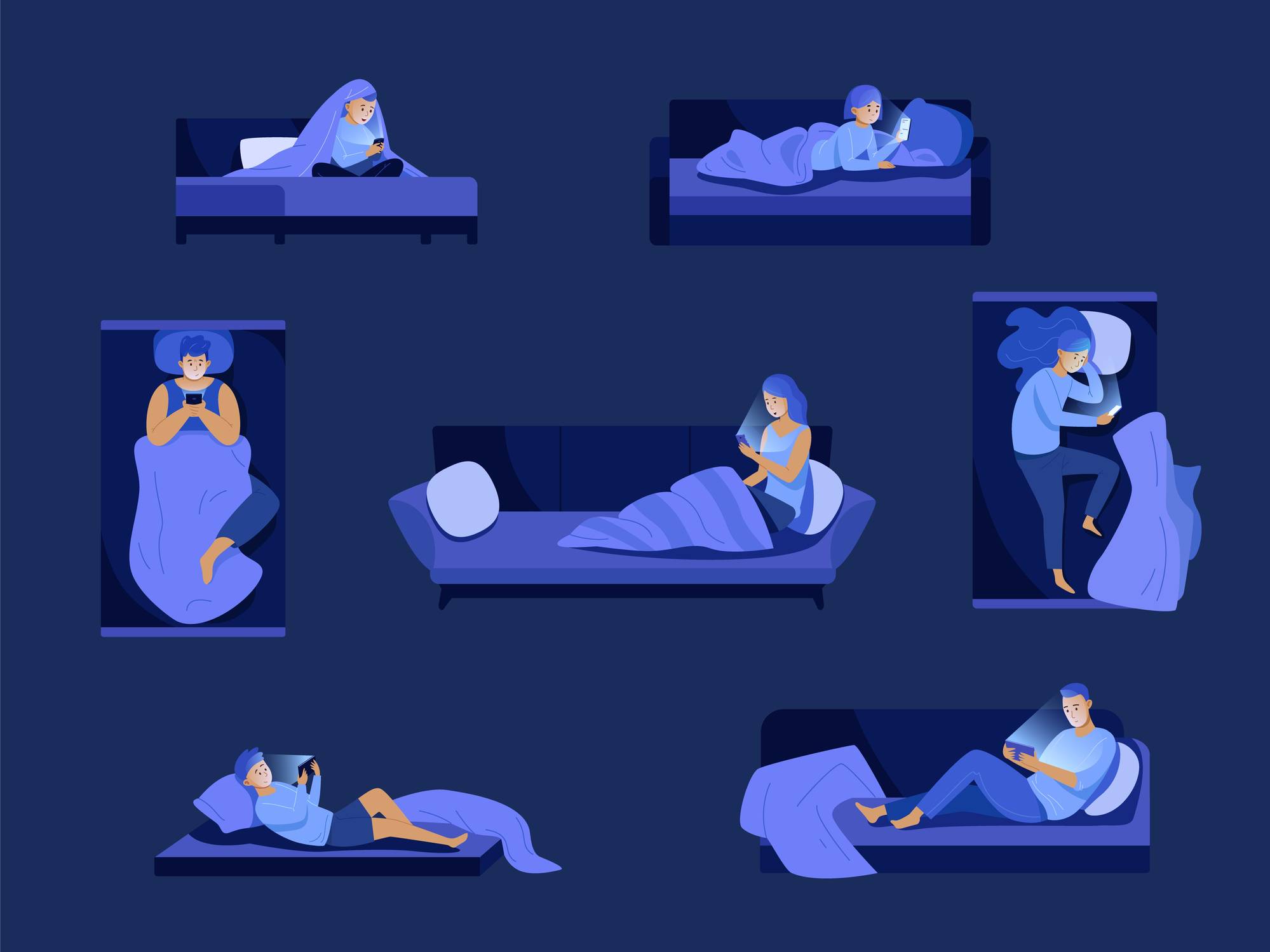Doctors are increasingly waking up to the idea that getting enough sleep is crucial. In 2022, the American Heart Association advised physicians that asking patients how many hours they sleep is as important as checking their blood pressure, smoking status, diet and exercise habits.
But many of us routinely force our bodies to fight sleep. We drink caffeinated beverages by day to stay alert, and alcohol to wind down at night. Some of us work all night and sleep in daylight. Others switch time zones and struggle with jet lag.
At the same time, neuroscientists are realizing that the timing of our sleep may be just as important as the amount. We are beginning to understand how we might work with, rather than against, the rhythms of our bodies. For example, new research suggests these rhythms may play a role in patients’ responses to cancer treatment.



















With your current subscription plan you can comment on stories. However, before writing your first comment, please create a display name in the Profile section of your subscriber account page.